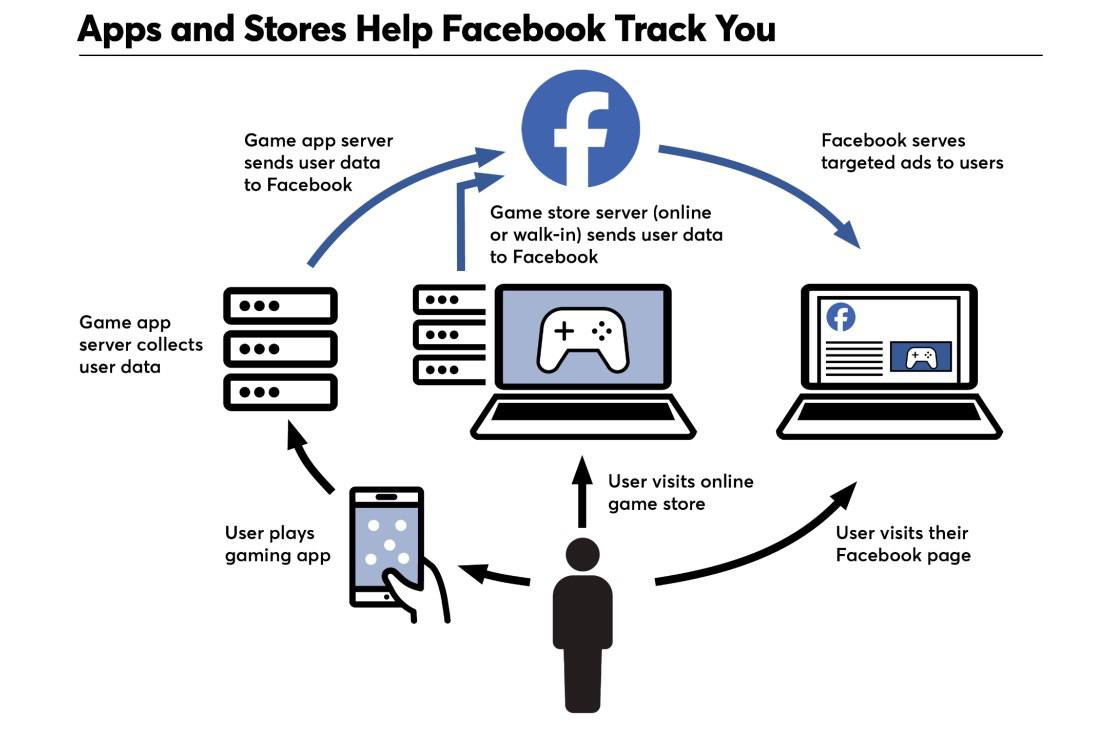Facebook has anything but a clean record when it comes to the intrusive data gathering of its consumers. Now, data watchdog Consumer Reports has revealed that tens of thousands of companies send Facebook data on single users.
Your phone isn’t actually listening to you, don’t worry about turning your mic settings off.
When you’re sent targeted ads for something overly specific, it’s far more likely that you’ve been ingratiated into a lucrative scheme set up by an online browser or a social media giant.
On the latter, Facebook immediately springs to mind as a prime offender. Since the privacy debacle of Cambridge Analytica, Meta has lurched from one security disaster to another, most recently being hit with a $1.3bn fine for transferring the data of EU citizens to the US last May.
Has the social network been rehabilitated? Not quite, if recent revelations from data watchdog Consumer Reports are to be believed.
Its researchers conducted a study to uncover the extent of Facebook’s targeting marketing, and the metrics being reported are frankly staggering. In one instance, 48,000 different companies had sent data on a single person to the social network’s data archives.
709 volunteers were able to pull their personal data from Facebook using its ‘Download Your Information’ tool and shared the results with Consumer Reports and study-partner The Markup.
Having crunched the numbers, the organisation found that, on average, Facebook received data from 2,230 companies on each and every volunteer. Overall, an eye watering 186,892 firms provided data on all participants from the study. That is a whole lot of targeted ads.
While many of the names in the endless database were to be expected – such as Walmart, Amazon, or Depot – smaller, local businesses were said to be ‘surprisingly well represented’ too. Amusingly, a car dealership in a 24,000-person town in Texas was found in 10% of study volunteers’ results.




















